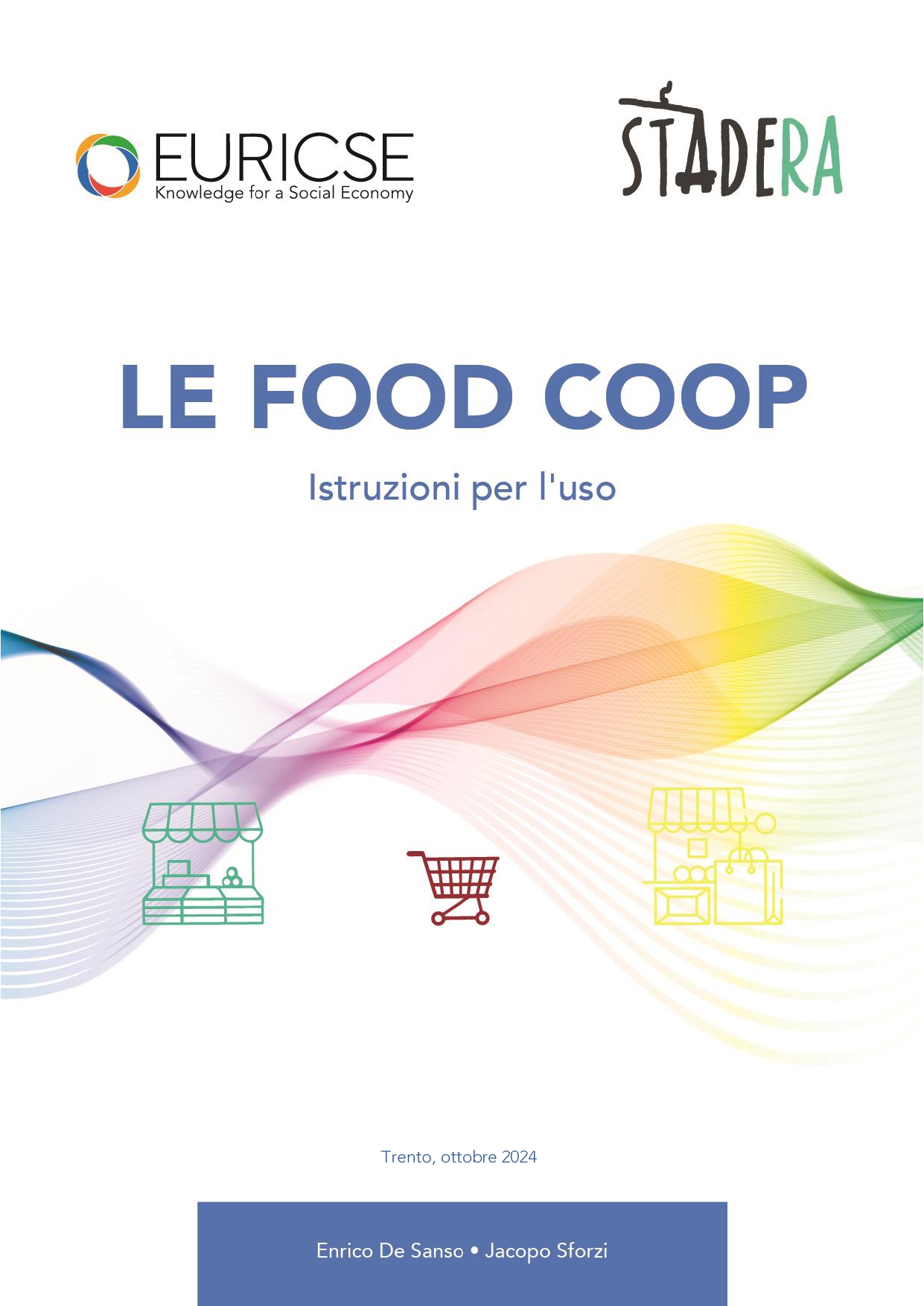Food Coop. Operating Instructions
Author:
Jacopo Sforzi
Publication date:
24 October 2024
Research areas:
Innovative models,
Local development
Publication categories:
Documents
Arguments:
Commons,
Local development
Organizational types:
Consumer cooperatives,
Comunità Intraprendenti
Tags:
Food Coops,
community initiatives

